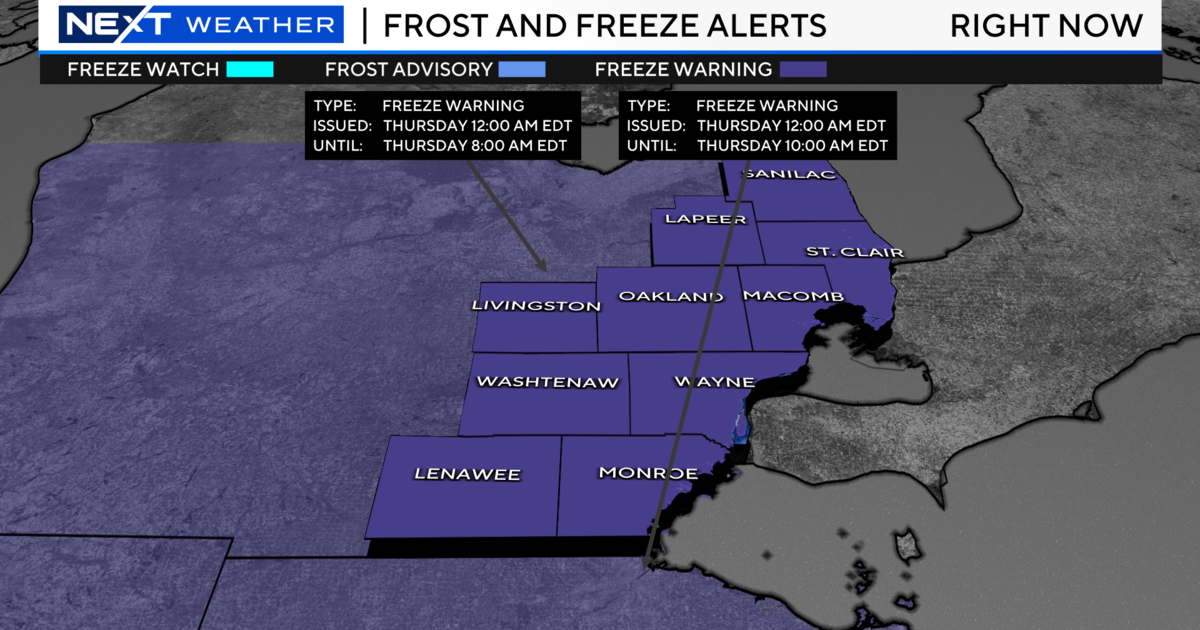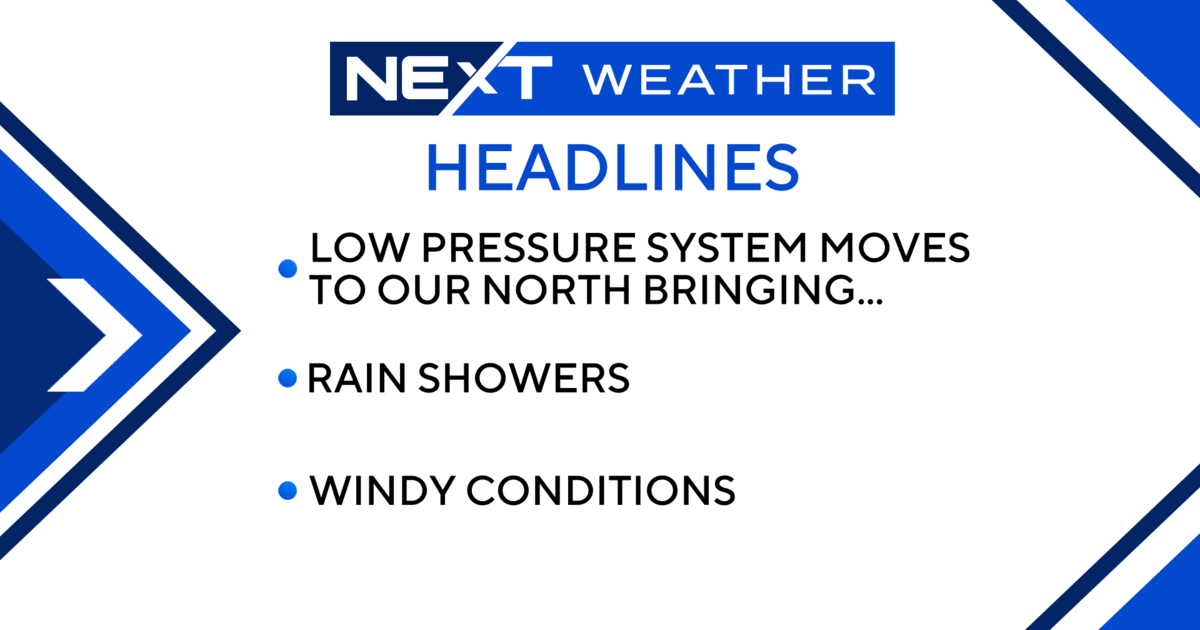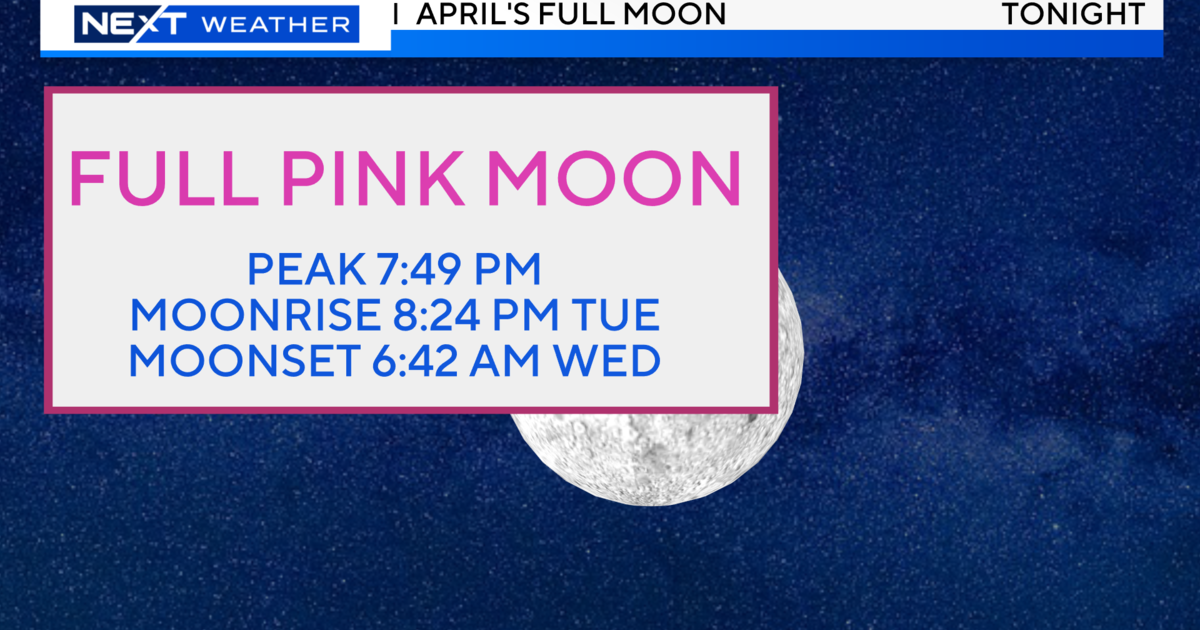Science of Weather: Michigan's Main Severe Weather Threats
Tornadoes, hail, strong winds, heavy rain, and thunderstorms. Severe weather happens in Michigan and when it does, we shouldn't be scared….but prepared! Severe storms can happen in an instant. Understanding severe weather is crucial to protect yourself, your family, and property. Severe weather can include hazardous conditions like tornadoes, thunderstorms, flash flooding, large hailstones, and wind events, in any of those situations, you need to be prepared and be able to take action immediately. Our friends at the National Weather Service in Detroit share Metro Detroit's greatest severe weather threats.
Rich Pollman, the Warning Coordination Meteorologist at the National Weather Service in Detroit says, "Probably the biggest threat is going to be our severe windstorms, we get a lot of those storms, especially when they come in as squall-lines. When they can affect pretty much everybody across a county. We have a lot of trees in Michigan. We have wet soils and so those trees can fall over pretty easily. You just don't want to be caught in a wrong place at a wrong time when the tree topples over from a 60 or 70 mph wind."
As we all know, with strong winds, electricity can get knocked out. Make sure to have a backup power source, if you use a generator, it must be well ventilated. Have flashlights, batteries, and a way to charge your phone to get weather alerts.
"Just be ready to deal with the hazards that deal with severe thunderstorms and that wind. Probably the second biggest I want to hit on is flash flooding, especially in our urban center here in metro Detroit." Says Rich Pollman.
We are seeing an increase in heavy rainfall events. In case there's a flood event remember the saying, turn around don't drown.
Rich, "Find a different way around a flooded roadway, know when we issue a flood watch that you will have to be prepared for heavy rainfall, low visibility, slow down when driving and be prepared to take that alternate route around a flooded area."
This severe weather season, make sure to always have a plan and have multiple ways to get weather information. Like getting an NOAA Weather Radio, following the National weather service's weather information online, sticking with us your First Forecast Weather team, and check your cell phone to make sure the alerts are turned on.
"Once we hit the month of March it's time to dust off our severe weather plans and get ready for thunderstorms which will be a part of our forecast for the months of April, May and June.", Rich Pollman adds.
Always have a plan before the storm strikes, so when a weather emergency pops up, you will be able to respond accordingly. Meteorologist Kylee Miller.



